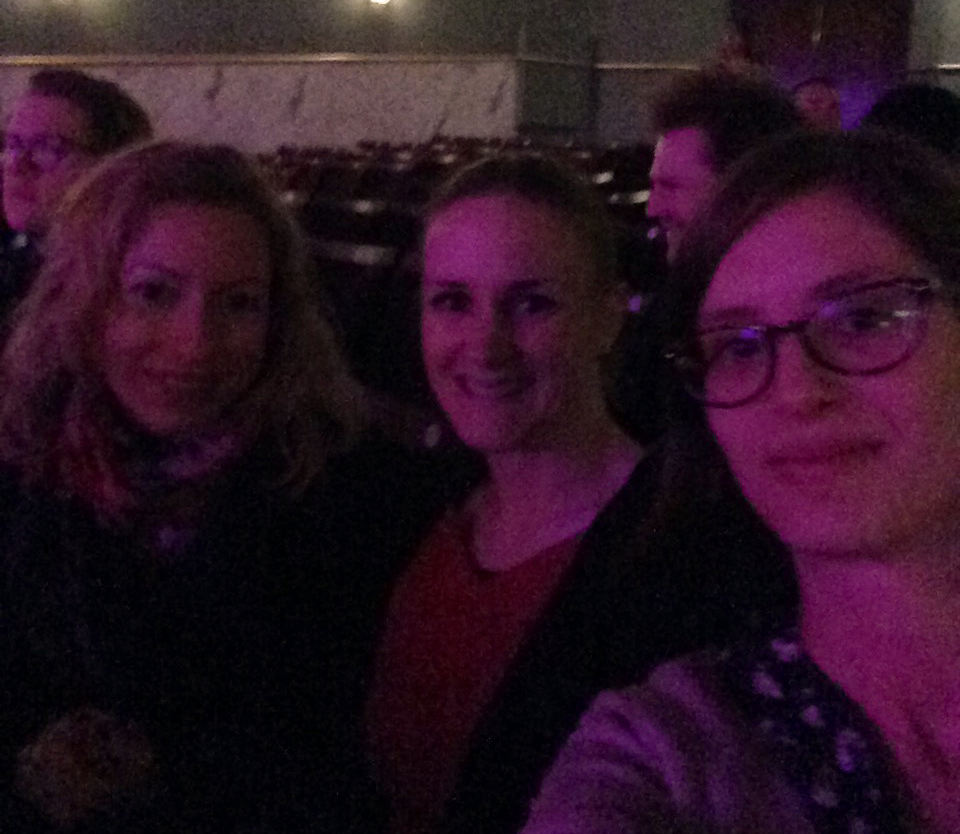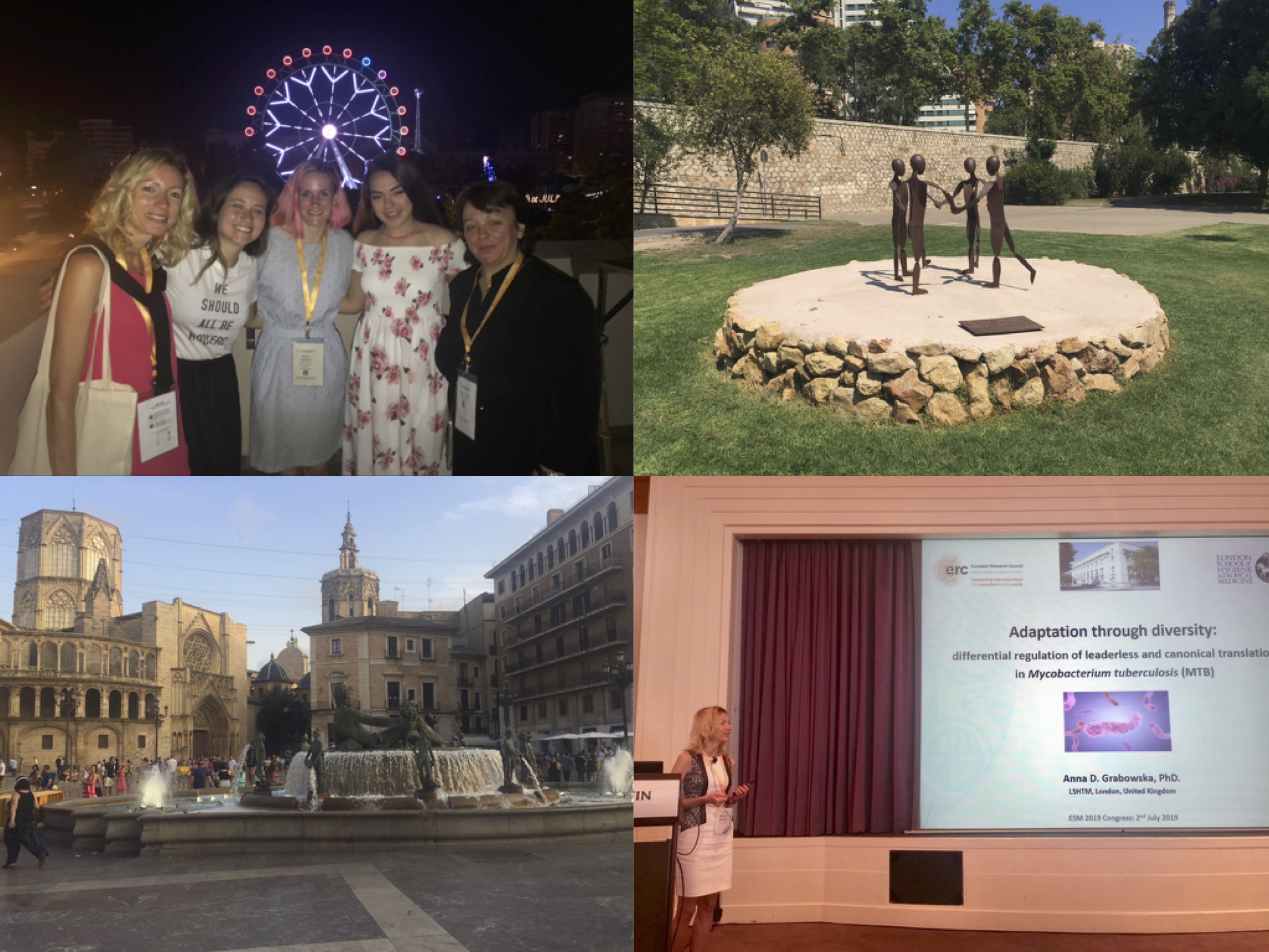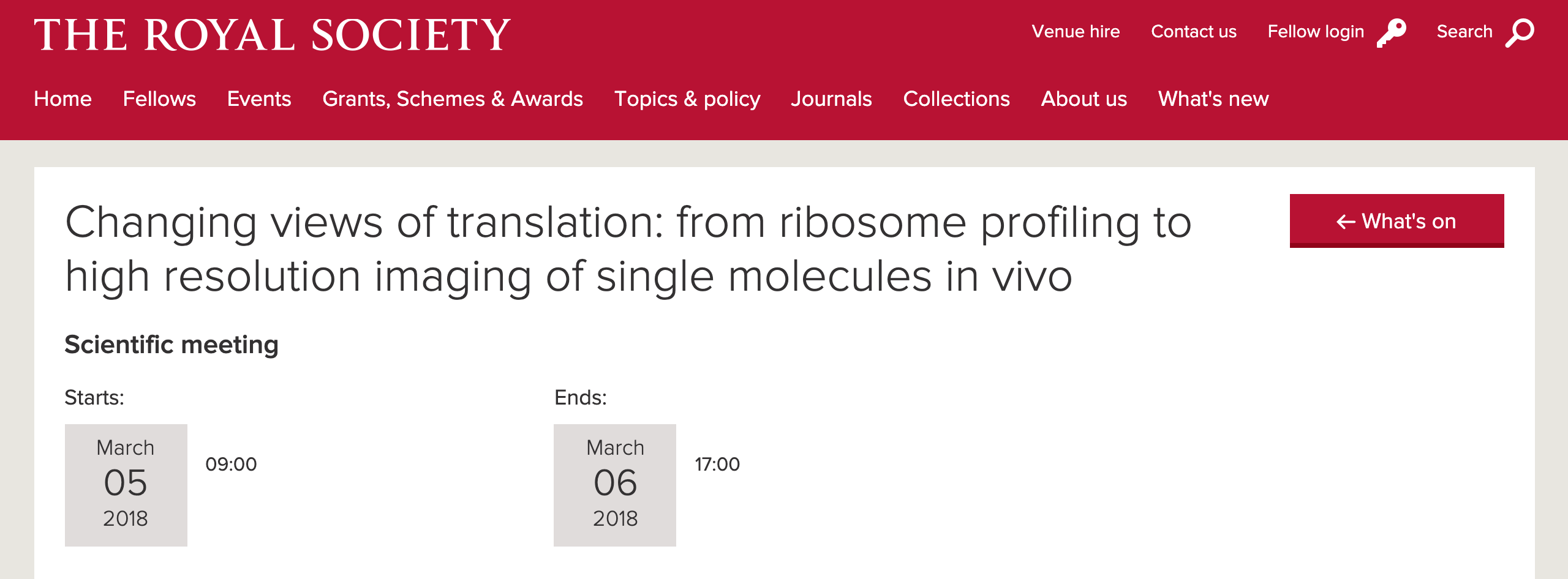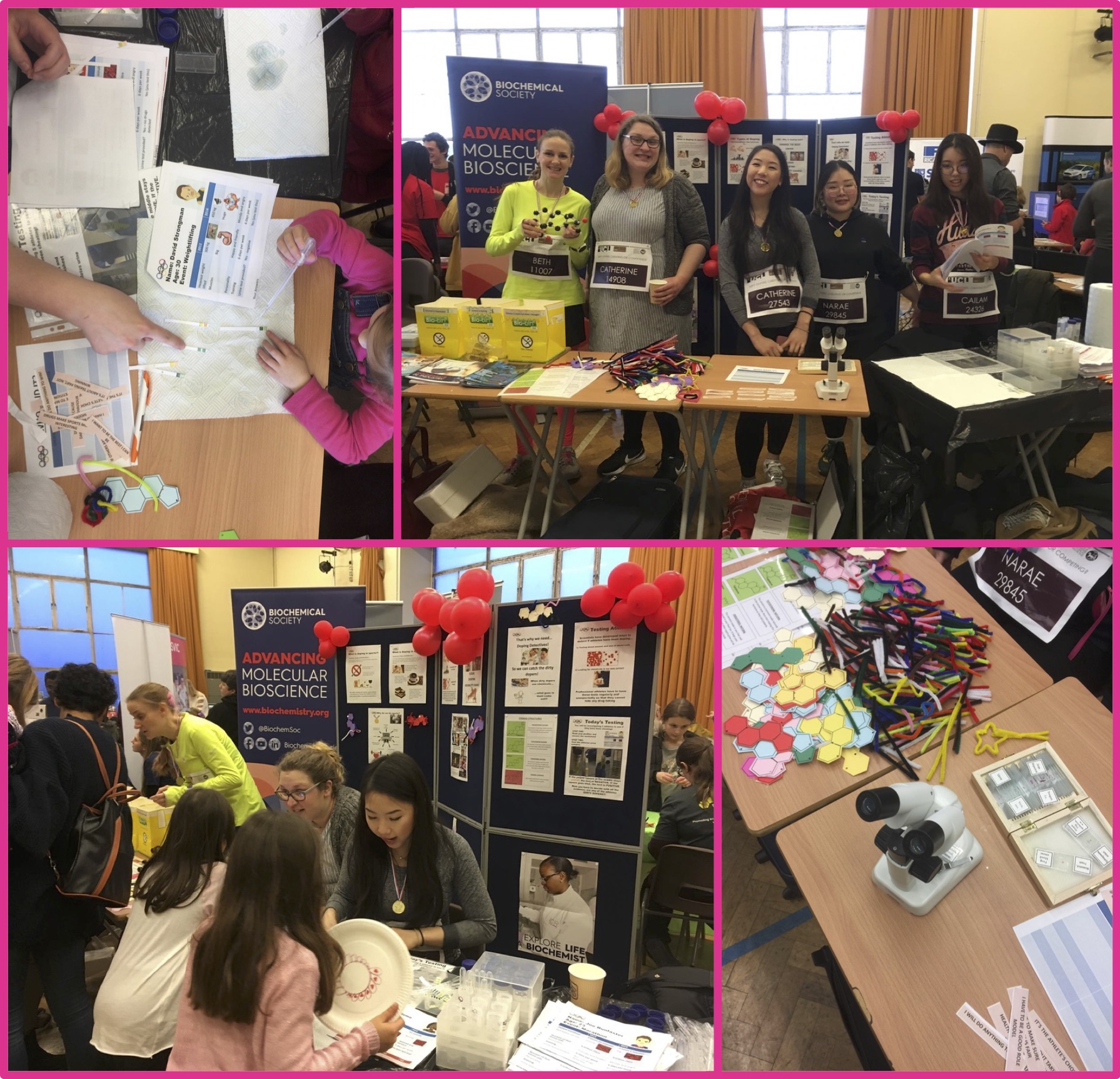Our work using luminescent M. tuberculosis reporter strains to study translation of canonical and non-canonical transcripts during different growth conditions has been published today in Frontiers Microbiology. Huge effort from Anna Grabowska.
Check it out here
We are very excited that Krishnan has joined the lab to work on ribosome composition and effect of ribosome targeting drugs.
Looking forward to cool science.
Our last preprint is available on Research Square. We have used luminescent reporter strains to show robust leaderless translation in M. tuberculosis during optimal growth and conditions of stress.
Check it out here
We wish Beth all the best in her new position. Thanks for your hard work and commitment over the years, we will miss you!
A postdoc position is available to work on effect of ribosome-targeting drugs on translation.
Closing date 14th February 2021
Apply here
Our work on ribosome profiling in M. tuberculosis is now out at Cell Reports!
Check it out here
We are looking for a postdoctoral research fellow to join the lab and work on the selective capture of mycobacterial ribosomes.
Closing date is 7th February 2021
Here is a link to the blog Beth wrote for the Biochemical Society reviewing their e-course on using technology for effective teaching. Enjoy!
We have further addressed translational regulatory mechanisms that may ensure the adaptation and survival of M. tuberculosis in the host by performing the first ribosome profiling experiment in the virulent strain H37Rv.
Check out the preprint here!
We wish Anna the best of luck in her new position.
Thanks for your hard work and commitment, we will miss you!

Very happy to see this great work led by Luiz Pedro Carvalho from the Francis Crick Institute finally out.
Getting to the bottom as to why there are almost no recorded cases of tuberculosis becoming resistant to the antibiotic D-Cycloserine.
So happy to see this work co-led with Iñaki Comas from the IBV-CSIC in Spain finally out in Nature Communications.
Integration of transcriptomes and methylomes from MTB lineages reveals that creation of new transcriptional start sites due to single points mutations is shaping the transcriptional landscape within the MTB complex.
From 30th June to 3rd July 2019, Anna and Beth attended the European Society of Mycobacteriology in Valencia, Spain.
Anna described her work, Adaptation through diversity, in an oral presentation, whilst Beth presented a poster entitled, Exploring mechanisms of translation in the human pathogen, Mycobacterium tuberculosis

In January 2019, Beth travelled to Mexico to attend the Ribosome Structure and Function 2019, where she presented a poster

In this Review, we highlight important differences in the translational machinery of M. tuberculosis compared with E. coli, and also consider the role of leaderless translation in the ability of M. tuberculosis to establish latent infection and look at the experimental evidence that translational regulatory mechanisms operate in mycobacteria during stress adaptation.
https://academic.oup.com/nar/advance-article/doi/10.1093/nar/gky574/5045644
I have been invited to speak at the Royal Society Meeting: Changing views of translation. I will be talking about Translational control of adaptive responses in Mycobacteria. I can’t wait!

Beth and a team of volunteers from UCL, Reading and LSHTM took science to the streets of Brighton this weekend with a hands-on activity about the role of scientists in sport at #BriSciFest2018.
“To coincide with the Winter Olympics, we ran a stall about the science behind performance-enhancing drugs: what they are, their effects, side-effects and how they are detected. Over 200 people visited the stall and worked through the activities to catch the #dirtydopers. Thanks to the @BiochemSoc and @RoyalSocBio for funding and the opportunity to get involved in promoting molecular bioscience in this way.”
PhD studentship available within the MRC London Intercollegiate Doctoral Training Partnership (MRC LID) between The London School of Hygiene and Tropical Medicine (LSHTM) and St. George’s University of London (SGUL)
The PhD Project title is “Using functional genomics to understand the manipulation of host cell responses during Mycobacterium tuberculosis infection” and will be supervised by Dr. Axel Nohturfft (primary supervisor – SGUL), Prof. Steve Goodbourn (SGUL) and Dr. Teresa Cortes (LSHTM). Deadline for applications is on Sunday 14th January.
More information about the project and application process can be found here
Congratulations to Beth for securing funding for her public engagement project ” Secret Agents 005“!
In collaboration with scientists from UCL, she will take science to the streets to inspire primary school children that careers in science are fun and within their reach.